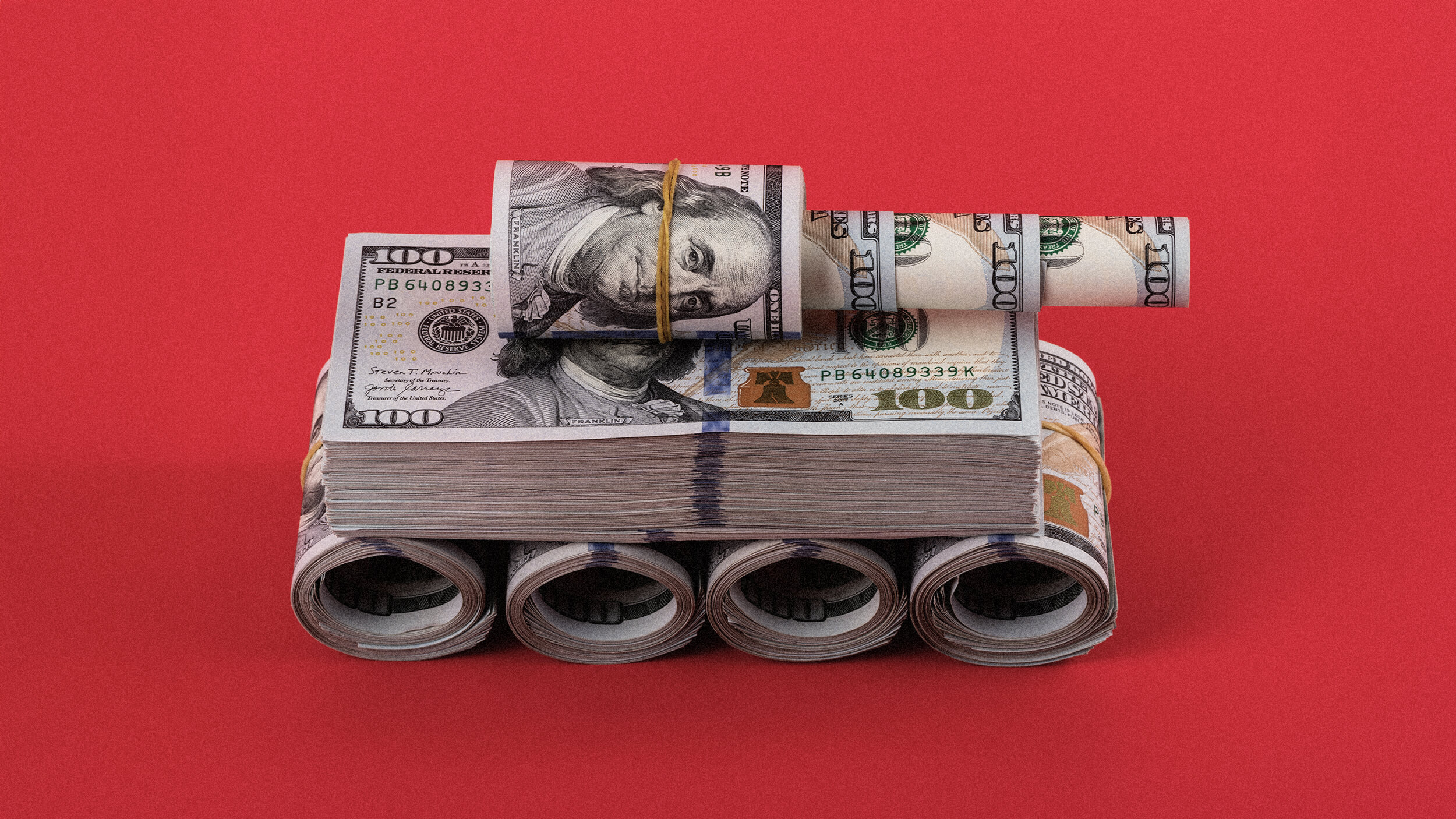More Poet Than President

What kind of international political influence would the United States have if Barack Obama’s most notable characteristic were his love of haikus?
Probably not very much. For the European Union, a bloc in constant struggle to gain international clout, this is an actual problem – the only thing people can seem to say about its recently elected leader, former Belgian prime minister Herman Van Rompuy, is that he loves his poetry.
This lengthy and unintentionally comical BBC feature is all about Van Rompuy’s adventures in haikus, citing “happy and strange experiences” as inspiration for the many poems he pens. The piece mentions little of politics, sort of like Van Rompuy himself, whose December appointment came as a bizarre surprise and bitter disappointment for those hoping a big name would take the European Council’s highest position. Since his election, we’ve seen the EU struggle to push its agenda forth at the Copenhagen Climate Conference and bicker over how to pull flailing European countries out of economic holes.
Van Rompuy, whose job duties include directing the political force of the entire EU, posts his haikus on his website but “denies any artistic ambitions, or any deep knowledge of Japanese haiku masters.” Basically, an amateur craftsman of 17-syllable verses is guiding one of the world’s richest and potentially most powerful political forces. Good luck having your voice heard at the G-20 summit in June, Europe.




